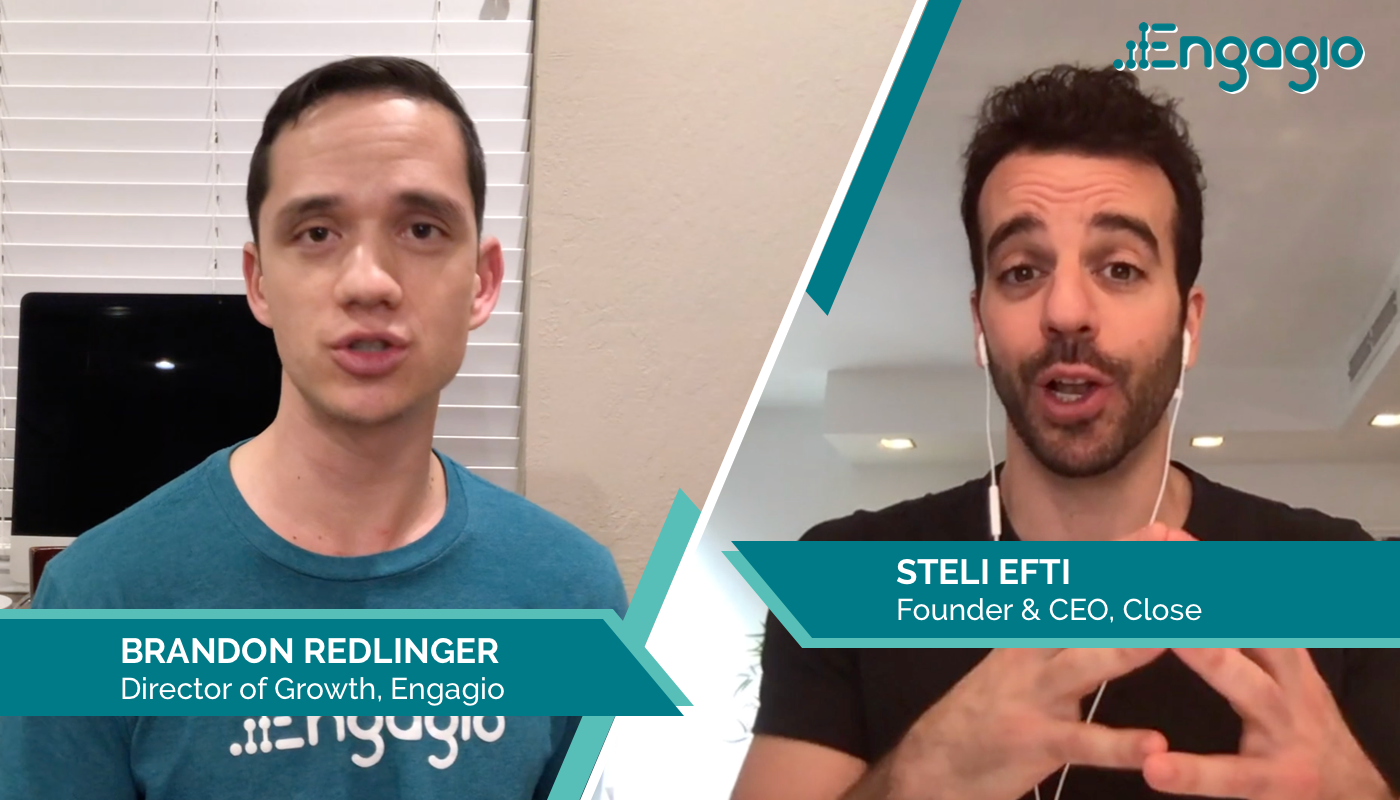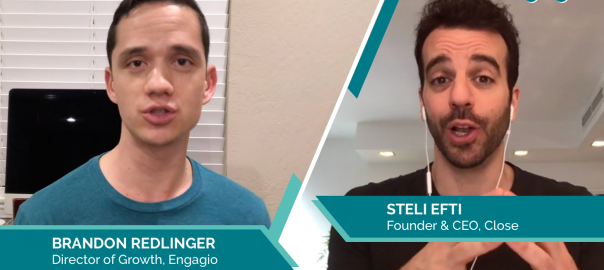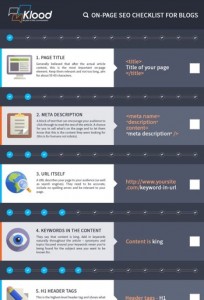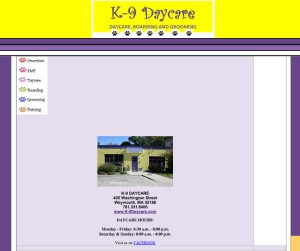— July 2, 2019

I was recently in Paris, the food capital of the world, and my wife and I ate at a Michelin Star restaurant. This was quite possibly one of the best meals of my life, as I’m sure you can imagine. Everything from the atmosphere to the presentation to the food itself was something I’ve never experienced before. My wife is a phenomenal chef and baker, but she commented that she wouldn’t even begin to know how to prepare most of the food we ate. Though she is the best chef I know, this was a totally different game.
Enterprise deals are also a totally different game than SMB or mid-market deals. You have long sales cycles, multiple people involved (both on your team and theirs), nearly countless interactions, and a lot to juggle. There’s more complexity than most typical sales reps can imagine.
That’s why I asked Steli Efti, founder of Close, to explain what he thinks makes a great enterprise sales rep. Steli is a wealth of knowledge, so you’re definitely going to want to hear what he has to say.
Here’s Steli!
Brandon:
What does it take to be a great enterprise sales rep? Hey there. Brandon Redlinger here, director of growth at Engagio, and today’s question goes out to Steli Efti.
Steli is the CEO and founder of Close, and he’s just a wealth of knowledge. He’s seen a lot in his line of work, and I know being an enterprise rep is such a different job than if you were a corporate or mid-market rep, right? It’s a lot different of a motion. You have long sales cycles, you have multiple people that are involved on both their side and your side. There’s so much to juggle when it comes to being a real enterprise rep.
So, Steli, I want to get your thoughts on this.
Steli:
Brandon, thank you for the great question. So, what makes somebody a great enterprise account executive, sales rep? Well, there are two main parts. One is that you need to be an incredible relationship builder. what makes enterprise sales so complicated at the end of the day is not that selling to IBM is that much different from selling to Mary around the corner as an end consumer.
At the end of the day, IBM doesn’t purchase anything. It’s not a single unit entity.
It’s a collection of humans. It’s going to be Mary, Bob, John, James, and it’s just going to be a bigger group of humans that are going to make a decision to purchase something or not.
So you still have to focus on the individual. What makes enterprise sales so complicated, also challenging, is that because you’re selling to a large group of humans you’re going to have to truly understand the complexity of each and every one of the stakeholders needs, desires and goals, and a lot of them will be conflicting. They’re not going to have perfect alignment. They’re not one unit.
There’s going to be the individual in front of you that you have to sell on their needs, their fears, their hesitations. There’s going to be teams and departments that you’re going to have to sell on your service or product.
And then, there’s the overall, entire company as a unit, and you need to be able to sell and adjust your pitch depending on which department, what stakeholder, what individual you’re interacting with Understanding that entire enterprise as an organism, understanding the relationship between people and between departments, and the dynamics of decision-making, and navigating those waters and building close relationships with all these people, that’s what takes so much time, and that’s why enterprise sales is usually a much longer sales cycle, a much more expensive sales cycle.
So, I think people to be great at enterprise sales, you have to be an incredible relationship builder. You have to be somebody that’s incredibly curious and can deal with many layers of complexity, deal with different group dynamics, and managing different group dynamics and understanding them, and that’s not for everybody. The other side of things is, I think, patience and persistence, right? You’re going to have to take some U-turns.
Sometimes you try to take shortcuts, sometimes you’re going to have to go around certain areas. It’s very hard to go from point A to point B in a straight line in the enterprise sales cycle, because there’s so many factors, so many departments, so many outside and inside events that might influence, derail, or delay the deal, and so, having real kind of long-term viewpoint and acting, strategizing, using long-term strategies, long-term tactics and having the persistence and the long-term view to invest in things that might take one, two or sometimes even three years before they come to fruition, that’s something that just not everybody has, and that’s a crucial part that you need if you want to succeed in enterprise sales.
Business & Finance Articles on Business 2 Community
(31)
Report Post






